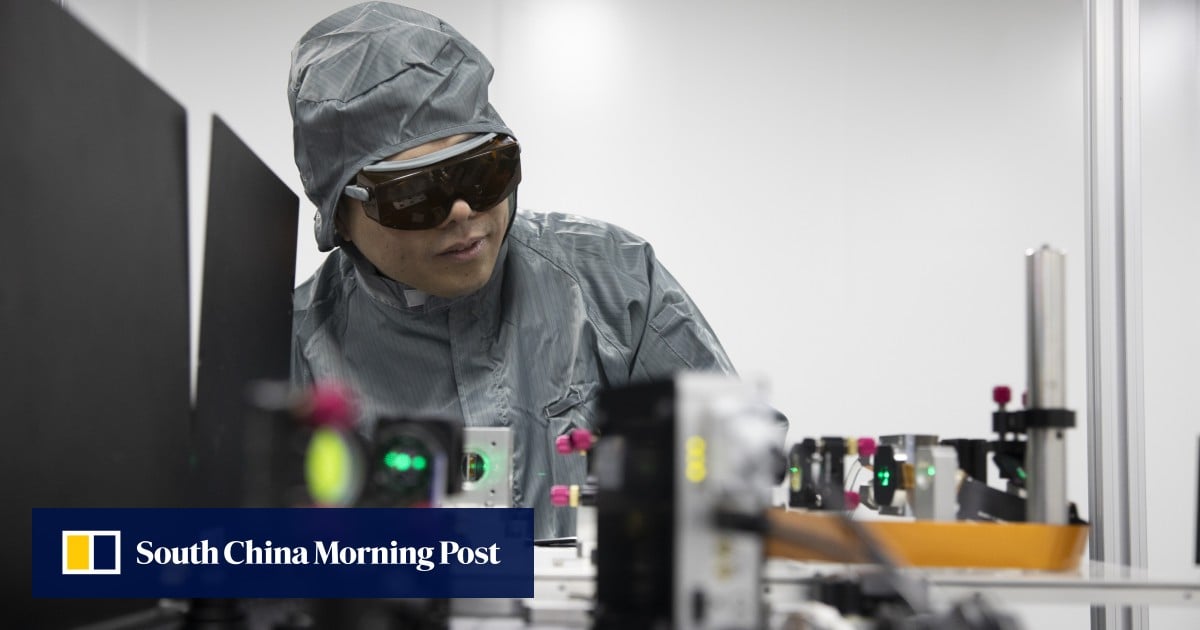


China’s attempts to boost scientific research and technological innovation have yet to overcome setbacks caused by a “title-driven” system of academic resource allocation, analysts warned.
But the current research environment, a major factor in the training of new talent, is still “distorted to a certain extent” due to how grants are disbursed, the magazine Liaowang – a publication under state news agency Xinhua – cautioned in an article this week.
Many Chinese scientists still face hurdles overcoming biases in research, where grant applications are evaluated by “heavyweights” in the field who tend to favour those who have already gained “titles” from certain prestigious programmes.
It has formed a “cycle that keeps resources circulating among a small group of people”, according to the article.
“Since having those titles naturally brings more power and funding … it has led to researchers preferring research that leads to results quickly instead of taking time for projects that require long-term effort,” wrote the article authors, quoting multiple practising scientists in China.
“It is not because people are not interested in that field, it is because it takes long for progress,” the researcher, who elected to remain nameless, was quoted as saying. “People cannot afford to wait.”
While these grants provide tens of thousands of yuan in subsidies to awardees, they have also attracted attention as a window into how administrative and bureaucratic power shape academic research in China.
Two leading Chinese scientists, Yigong Shi and Yi Rao, said in a 2010 article for the research journal Science that “to obtain major grants in China, it is an open secret that doing good research is not as important as schmoozing with powerful bureaucrats and their favourite experts.”
The country’s leaders have repeatedly made mention of the unreasonable talent evaluation system in science and technology, and called for changes to reduce the administrative burden on academics.
“The current evaluation system is not reasonable. It only assesses talents based on publication quantity, titles, qualifications and awards,” President Xi Jinping said at the opening of the 19th Meeting of the Academicians of the Chinese Academy of Sciences in 2018. “These ‘titles’ have been flying everywhere.”
The issue of ‘titles’ has misled young people. If it cannot be rectified, it will corrupt the academic ethos of a whole generation
However, these problems have yet to be solved. At a Central Committee conference on work related to recruitment in September 2021, Xi reiterated his concerns, saying resources should not be allocated by a “simplified” approach where only programme titles would determine salary and grants.
The Liaowang article also criticised the age caps set by some universities for young academics in applying for grants, which runs counter to practice elsewhere.
“I am quite concerned. The issue of ‘titles’ has misled young people. If it cannot be rectified, it will corrupt the academic ethos of a whole generation,” said Yuan Yaxiang, an academician with the Chinese Academy of Sciences, in March.
While China has published more scientific papers than any other country annually since 2017, it also has one of the highest retraction rates in the world. According to the international science journal Nature, there have been more than 17,000 retractions of papers with Chinese co-authors since 2021.